After the app uploading I receive the following email
We identified one or more issues with a recent delivery for your app, XXX. Please correct the following issues, then upload again.
ITMS-90806: CFBundleIdentifier collision - Each bundle must have a unique bundle identifier. The bundle identifier 'org.cocoapods.CocoaLumberjack' is used in the bundles '[CocoaLumberjack.framework, CocoaLumberjack.framework]'
CocoaLumberjack is a third party library that I've already used in the past a lot of times without any problem, I am pretty confused.
It is not related to the framework's .plist keyword CFBundlePackageType as it is specified in this question/answer Framework CFBundleIdentifier Collision. The CocoaLumberjack bundle package type is "Framework" (CFBundlePackageType = FMWK). CocoaLumberjack is a wide used third party library added to my project using cocoapods.
The issue is probably related to the watchOS target in my app bundle. The CocoaLumberjack library is used in both iOS app and watchOS app and it is causing the issue about the bundle identifier duplication.
CFBundleIdentifier collision is detected by Apple Connect server if sharing framework between iOS target and Watch Extension.
target 'App' do
platform :ios, '9.0'
# Pods for App
...
pod 'CocoaLumberjack/Swift', '~> 3.5.3'
...
end
target 'AppWatch Extension' do
platform :watchos, '5.0'
# Pods for Watch Extension
...
pod 'CocoaLumberjack/Swift', '~> 3.5.3'
...
end
The iOS app is using the library and the watchOS extension is using the same library. They are using different libraries but CocoaLumberjack is the only one present in both.
I have already published my app a lot of times in the past without any issues with the same libraries configuration. I guess that the Apple has changed some constraints about bundle identifier in the last few days.
The same issue is present also using Carthage.
